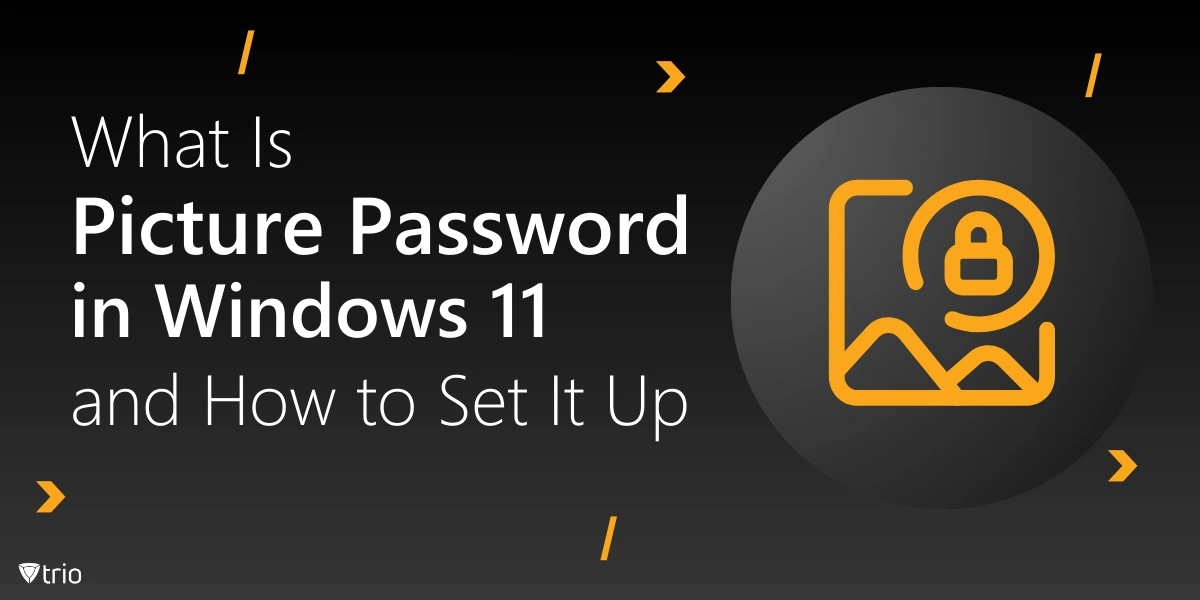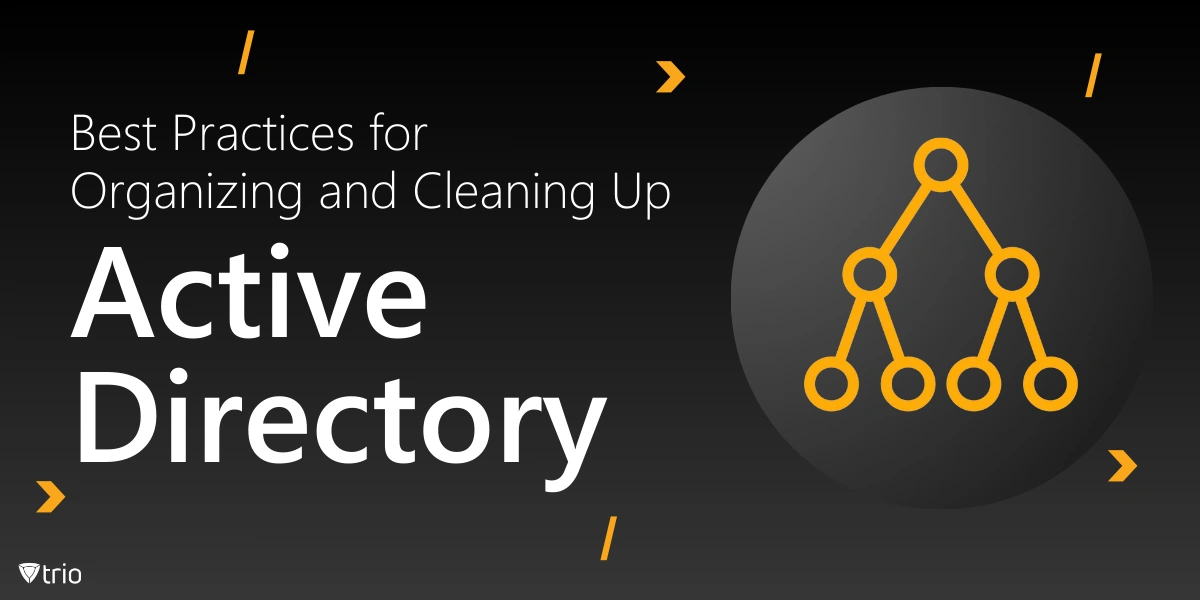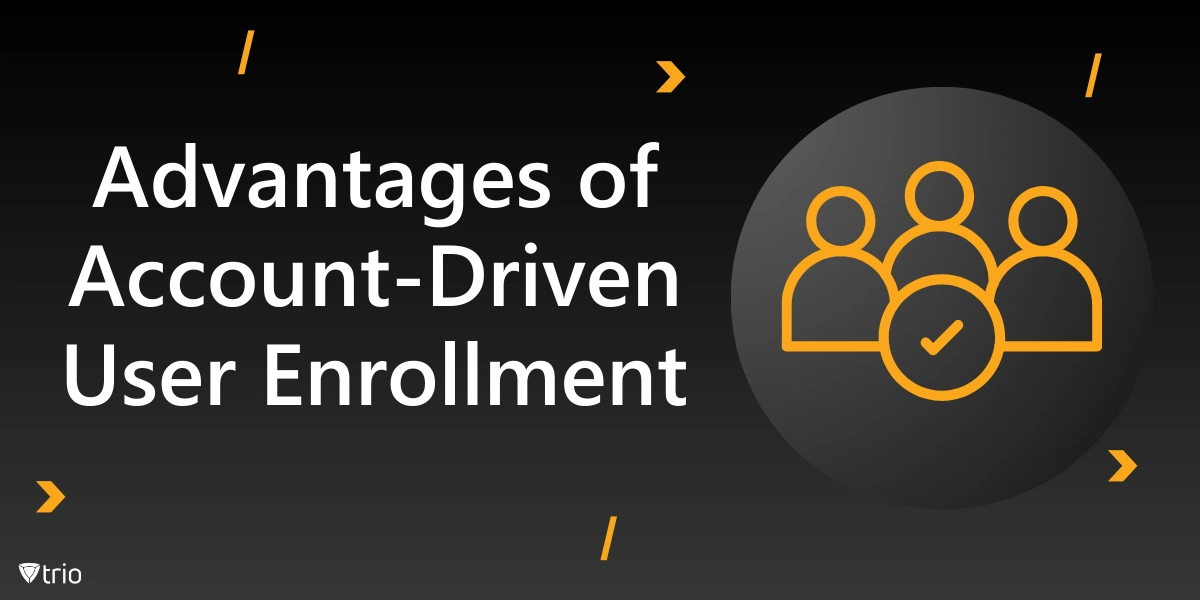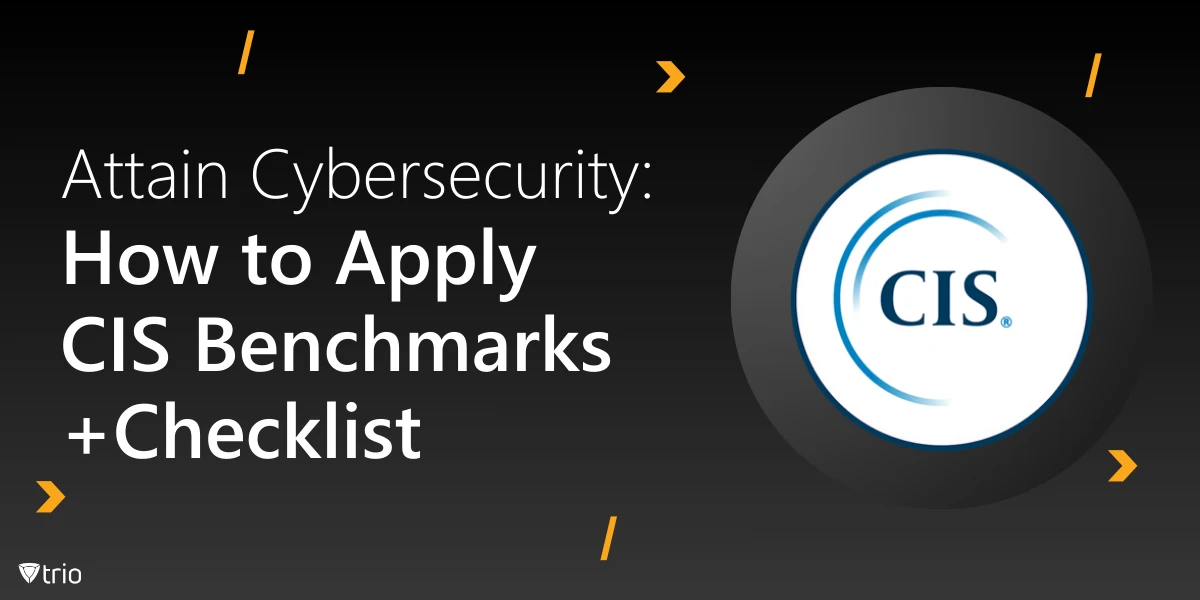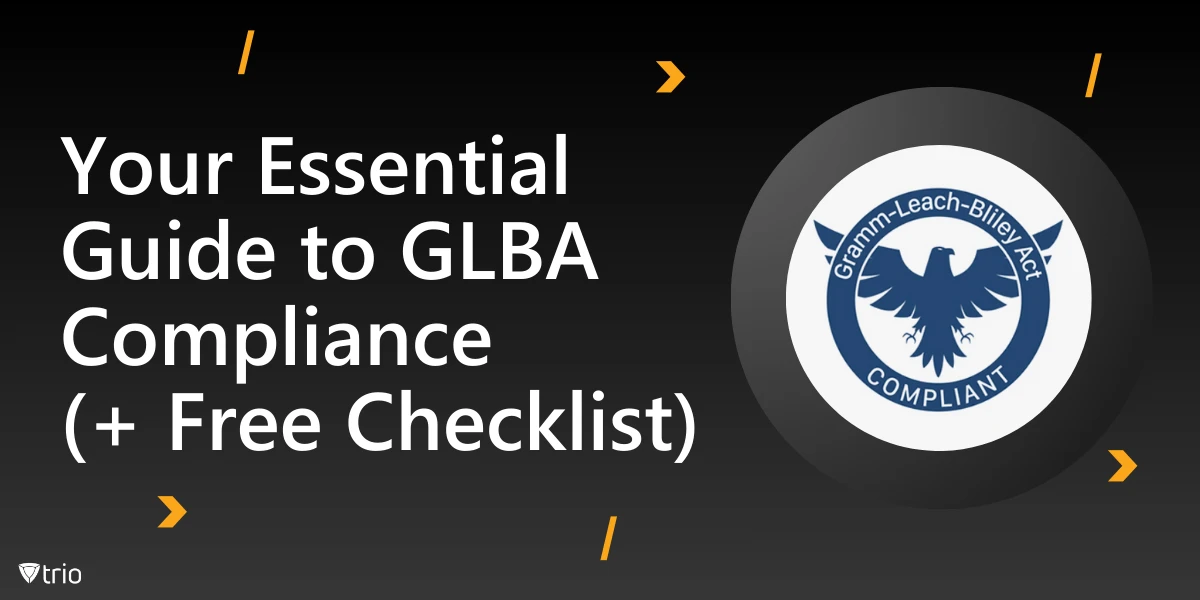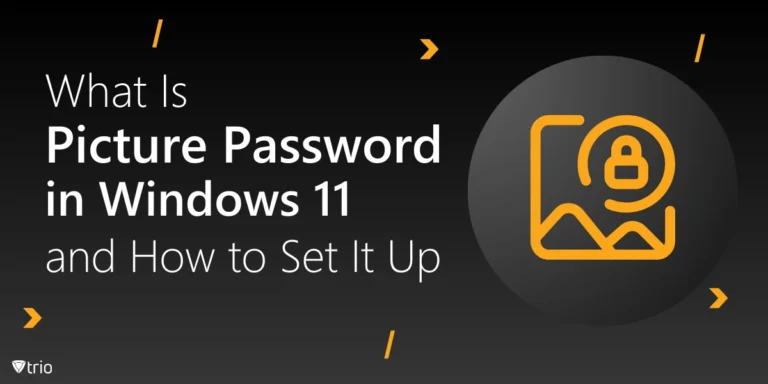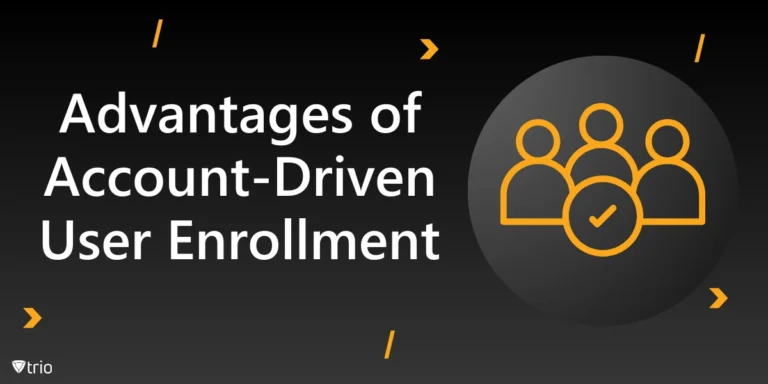In today’s hyper-connected world, where mobile devices are ubiquitous and serve as the primary gateway to digital content, effective Mobile Content Management (MCM) has become a cornerstone for businesses seeking to engage their audience. From optimizing content for various devices to ensuring data security, the realm of mobile content management systems is multifaceted and dynamic. In this blog post, we’ll explore the evolving landscape of MCM and delve into the pivotal role played by Mobile Device Management (MDM) providers in shaping and securing mobile content strategies.
Overview of MCM
Mobile Content Management (MCM) is a comprehensive strategy designed to create, organize, and deliver content specifically tailored for mobile platforms. As mobile devices increasingly dominate the digital landscape, businesses must adapt their content strategies to meet the expectations of an on-the-go audience. MCM involves not only the efficient delivery of content but also encompasses considerations such as user experience, content completeness, and real-time updates.
The landscape of MCM has evolved with the integration of cloud content management, allowing businesses to synchronize and update content seamlessly across devices. Whether it’s delivering news articles, product information, or collaborative documents, MCM ensures that users have access to relevant and up-to-date content anytime, anywhere.
MCM Best Practices
To navigate the intricacies of mobile content delivery, businesses must adopt mobile app content management systems best practices. Content completeness is a key pillar, emphasizing the importance of delivering comprehensive information to mobile users. Responsive design and optimization for various screen sizes are essential considerations to ensure an engaging and user-friendly experience across diverse devices.
Cloud content management emerges as a best practice, facilitating real-time updates and ensuring that users receive the latest information without delays. Businesses should prioritize strategies that enhance content accessibility and relevance, fostering user satisfaction and loyalty.

MCM and Mobile Device Management (MDM)
The synergy between MCM and Mobile Device Management (MDM) is critical for comprehensive mobile content strategies. MDM providers offer a suite of features, including device tracking, remote wipe, and app management, contributing to the security and efficiency of MCM.
MDM ensures that devices accessing mobile content are secure, compliant, and adhere to organizational policies. This collaboration allows businesses not only to manage the content delivered to mobile devices but also to oversee and secure the devices themselves. Understanding the intersection of MCM and MDM is pivotal for organizations aiming to provide a secure and seamless mobile content experience.
MCM Deployment and Implementation
Deploying a successful MCM strategy requires careful consideration of various factors, including the selection of the right Mobile Content Management System (CMS) and seamless integration with MDM capabilities. The choice of CMS impacts scalability, customization options, and overall user experience.
Businesses must navigate the deployment landscape, ensuring that the selected MCM solution aligns with their broader content strategy. A strategic approach to implementation, considering user adoption, scalability, and ease of integration, is vital for maximizing the effectiveness of MCM.

MCM and Compliance
In an era where data privacy and regulatory compliance are paramount, content management systems for mobiles play a pivotal role in ensuring that mobile content meets industry standards and legal requirements. MDM providers contribute significantly to compliance efforts by implementing robust security measures.
Understanding and integrating compliance considerations into MCM strategies are essential for businesses dealing with sensitive information. MCM, in collaboration with MDM, provides a framework for organizations to navigate data protection laws and regulations, fostering trust with users and mitigating legal risks.
MCM and Content Collaboration
Content collaboration lies at the heart of successful MCM strategies. Integrated collaboration tools facilitate real-time communication and seamless sharing of content among mobile users. Businesses can leverage collaborative features to enhance team productivity, streamline workflows, and ensure that relevant content reaches the intended audience promptly.
MCM becomes a catalyst for fostering collaboration in a mobile-centric work environment, breaking down silos and enabling teams to work efficiently regardless of their physical location. The collaborative capabilities embedded in MCM contribute to a more agile and responsive organizational culture.
MCM Security and Encryption
Security is a paramount concern for content management systems in mobiles, and encryption plays a central role in safeguarding sensitive information. MCM security measures extend beyond device management to ensure that data transmitted and stored on mobile devices remains protected.
Understanding encryption protocols and implementing robust security measures are imperative for businesses aiming to build trust with their mobile audience and protect against evolving cybersecurity threats. MDM providers contribute to the security landscape, offering features that enhance the overall integrity of mobile content management.
MCM for Remote Work
The rise of remote work has underscored the importance of MCM in enabling secure access to content from diverse locations and devices. MCM solutions, coupled with MDM capabilities such as remote control, empower organizations to manage content efficiently in a remote work setting.
From secure document sharing to collaborative workflows, MCM facilitates a seamless transition to a remote work environment, ensuring that productivity and data security are not compromised. The adaptability of MCM to the changing dynamics of work structures positions it as a foundational element for businesses navigating the era of remote and hybrid work models.
Conclusion
In conclusion, MCM is not just a matter of delivering information to mobile devices; it’s a comprehensive strategy that encompasses content optimization, security, compliance, and collaboration. The collaborative efforts of MCM and MDM providers are instrumental in shaping a secure and seamless mobile content experience. An easy-to-use MDM solution we suggest you try out is Trio, which offers secure access, content creation and storage, file sharing, and more. Try out Trio today and see what a great MDM solution looks like.
As the digital landscape continues to evolve, businesses must prioritize MCM best practices, deploy strategies that align with organizational goals, and leverage the capabilities of MDM providers to stay at the forefront of mobile content management. MCM is not merely a trend but a strategic imperative for organizations aiming to thrive in a mobile-first world.

